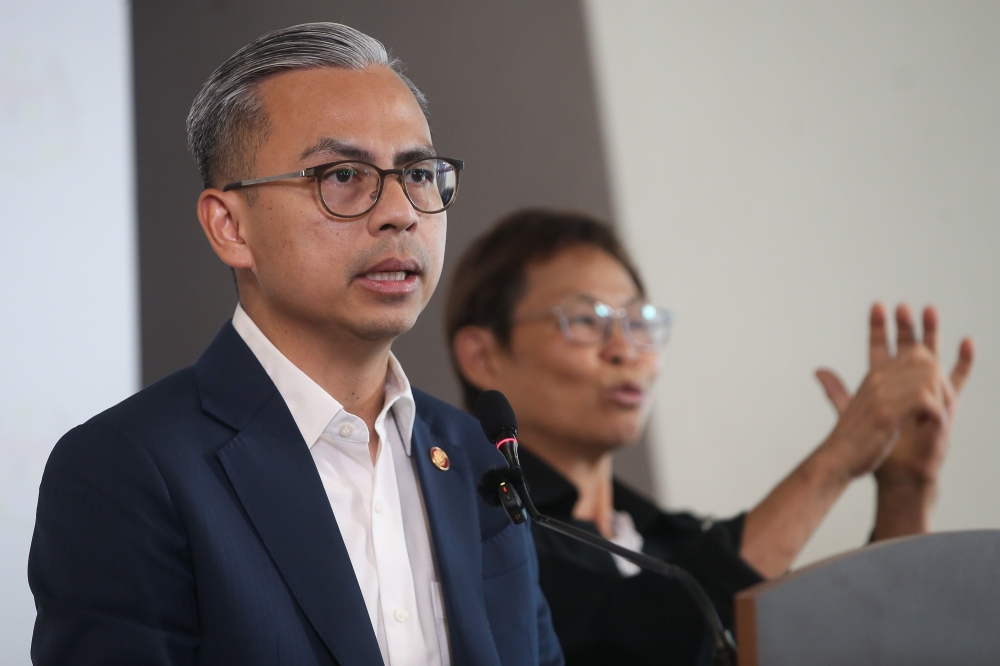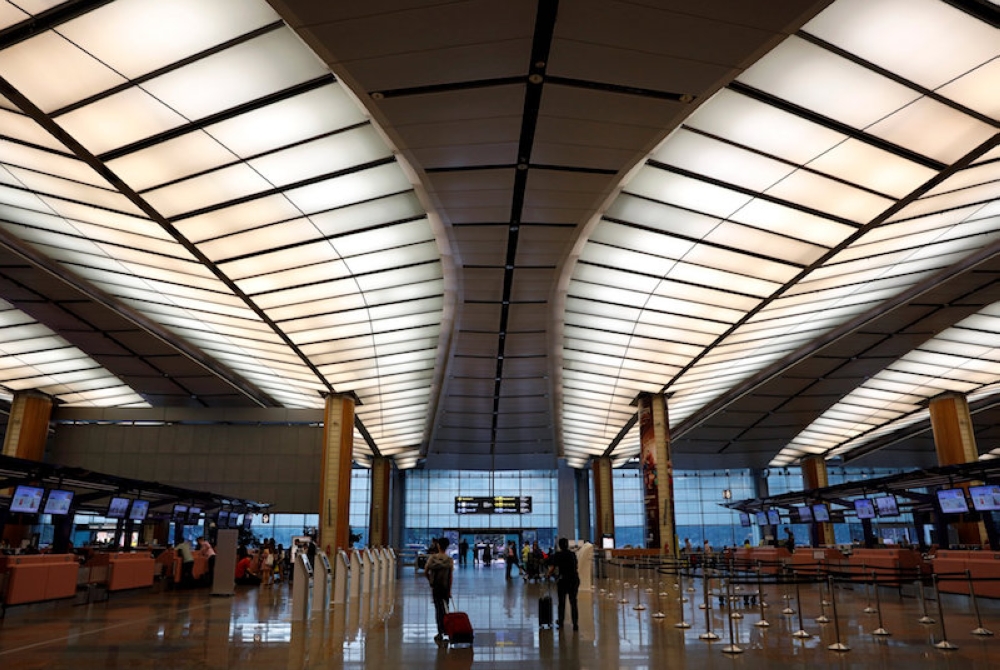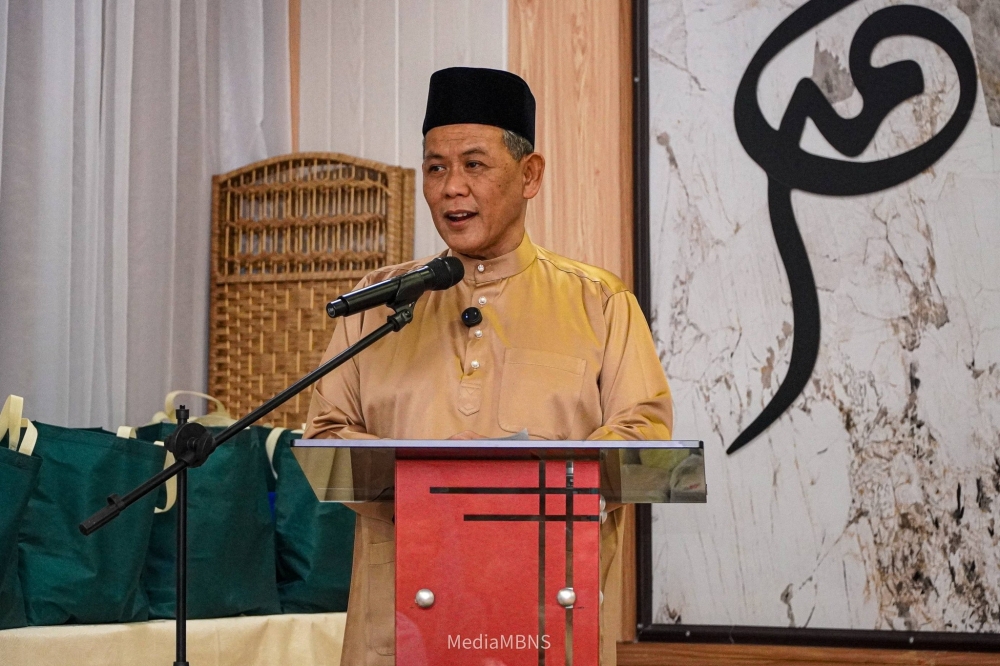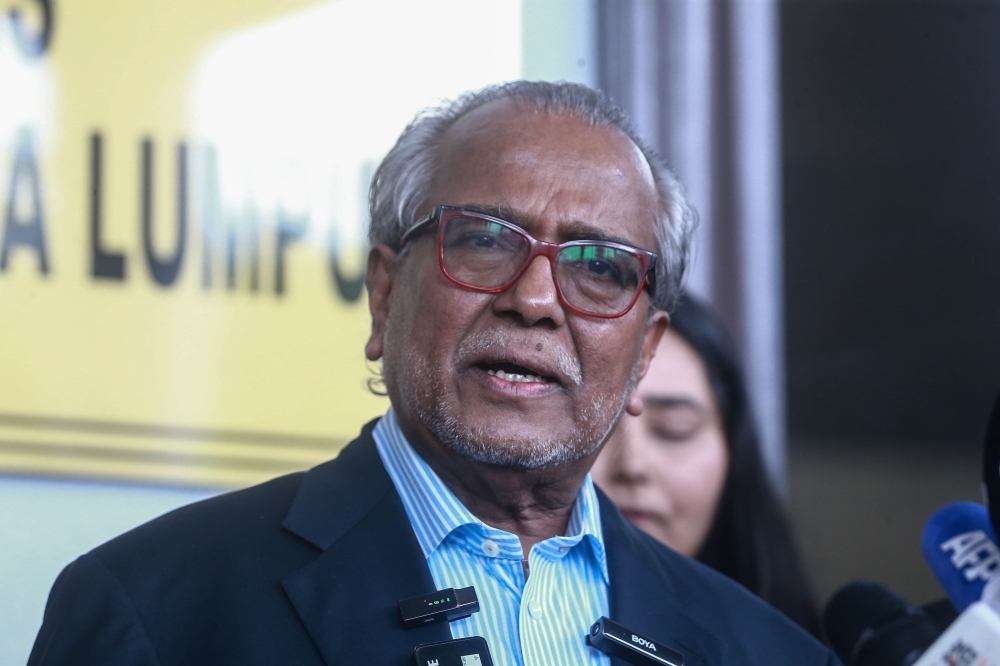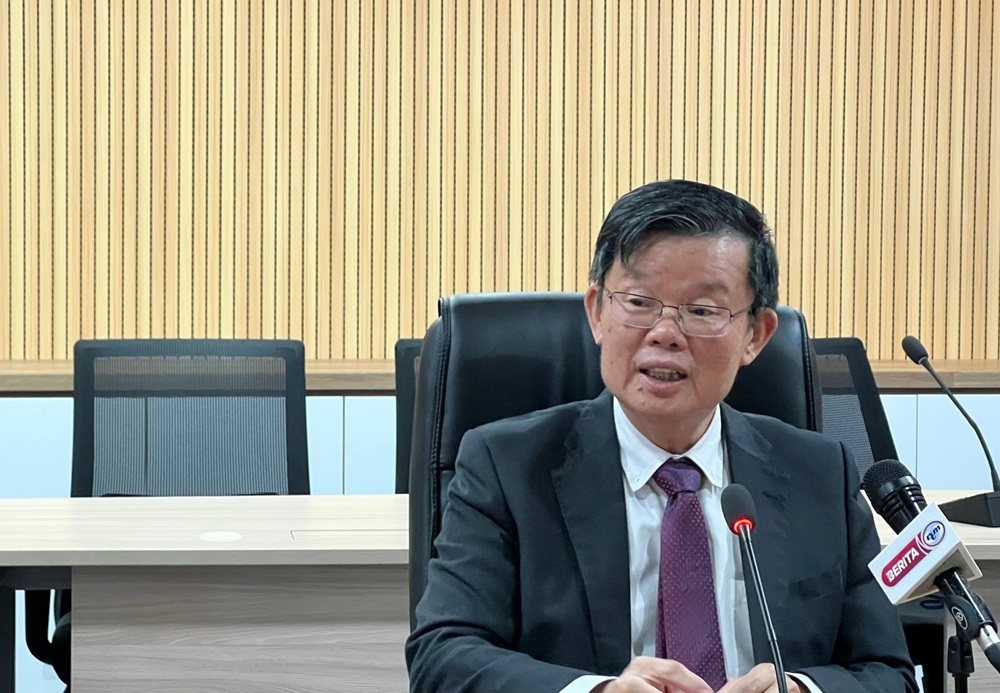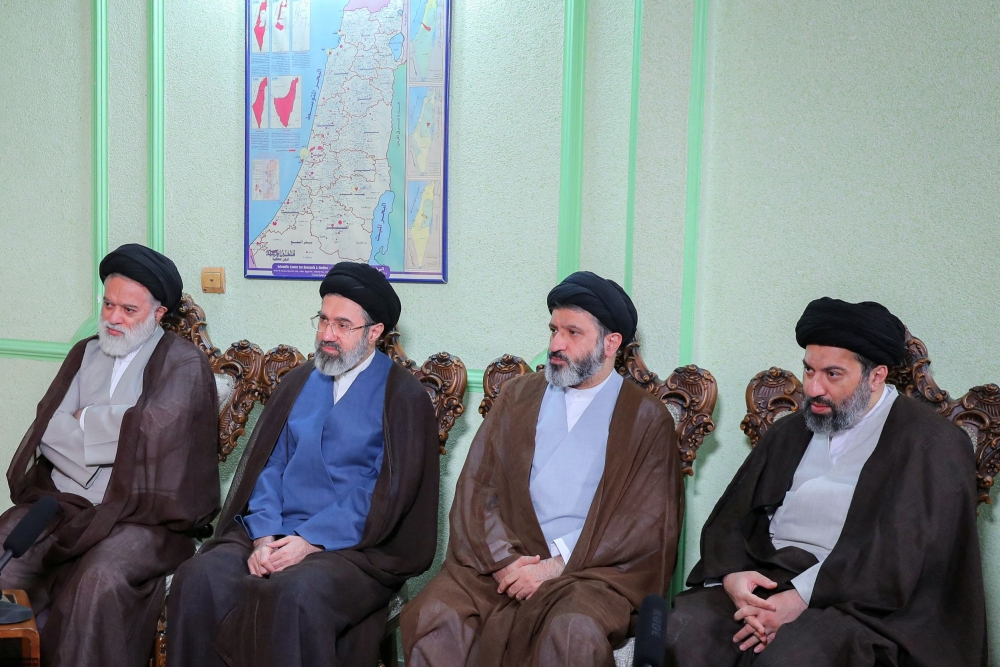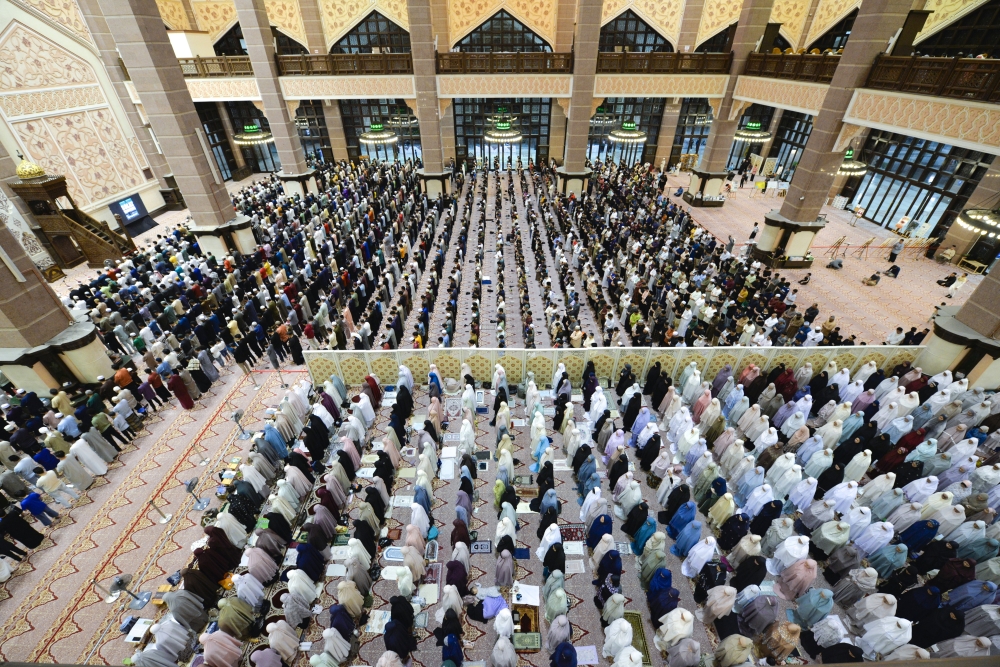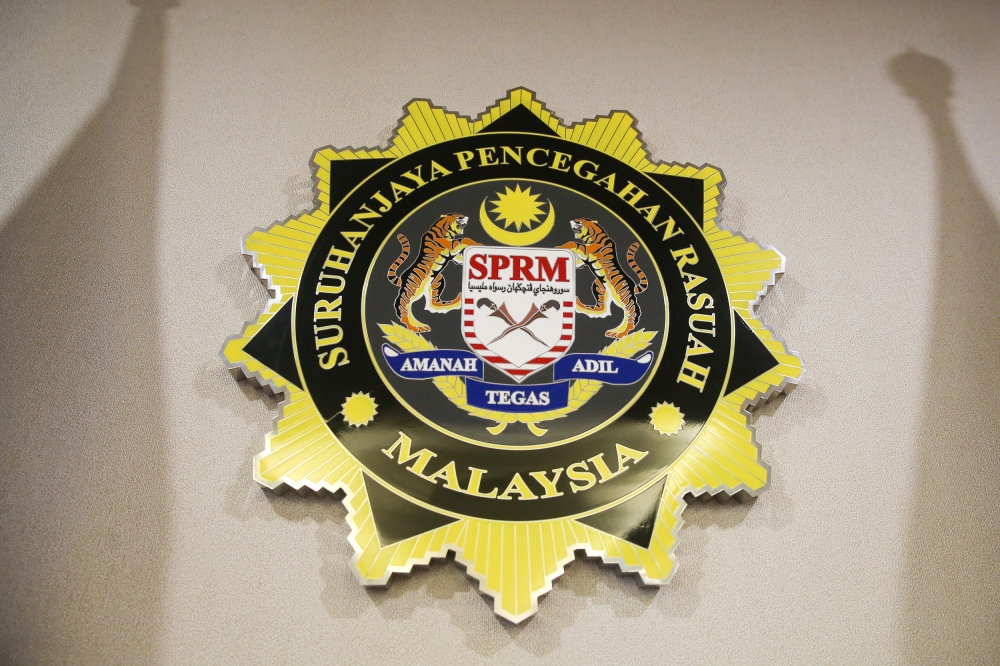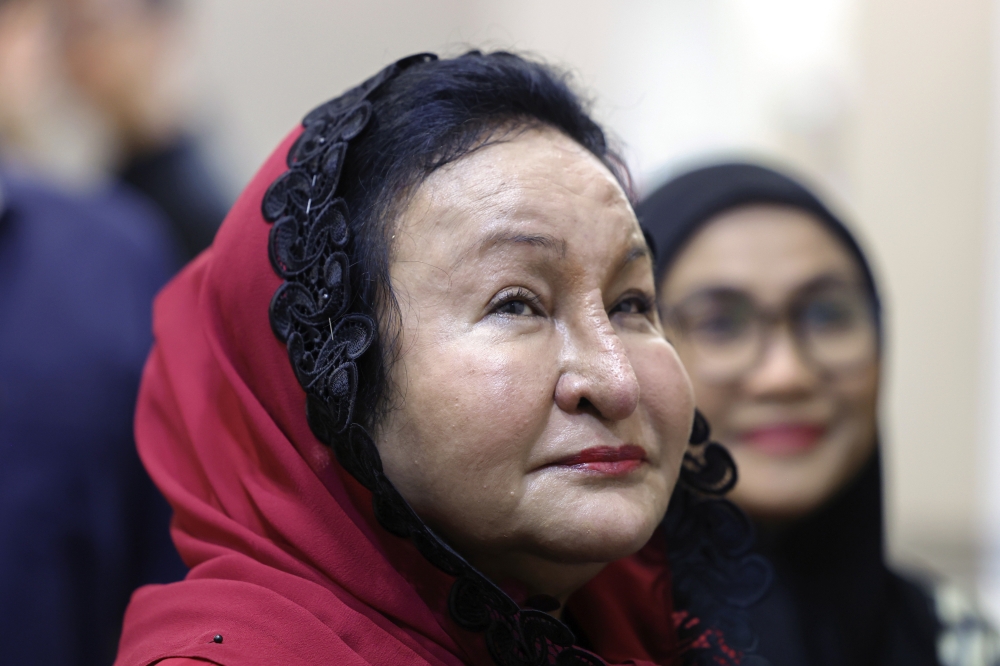AUGUST 7 — The Malaysian Alliance of Civil Society Organisations in the UPR Process or Macsa notes that the Minister in the Prime Minister’s Department in charge of Religious Affairs in the new Pakatan Harapan government, Datuk Dr Mujahid Yusof Rawa has proposed the tabling of three Bills, namely the Anti-Discrimination Bill, the National Harmony and Reconciliation Commission Bill and the Racial and Religious Hatred Act for the Parliamentary Session this October or February next year.[1]
The new government has yet to publish a draft of these three proposed Bills. All we know from news reports are that these laws, in particular the proposed Racial and Religious Hatred Bill, aim to curb racial and religious hatred. In short, the proposed Bills seek to criminalise hate speech. The proposed penalties are a jail term for up to seven (7) years or a fine of RM100,000.00 for offenders.
The proposed Bills appear to be a continuation of the effort by the old Barisan Nasional-led government to replace the Sedition Act 1948 with a National Harmony Act. It is also noteworthy that Pakatan Harapan has promised in its Buku Harapan Manifesto for the recently concluded 14th General Election to abolish the Sedition Act 1948.
Macsa remains firm in its stand, supported by member CSOs including Centhra, CLJ and YP in particular, that the Sedition Act 1948 cannot be abolished as section 3(1)(f) thereof protects the Constitution; in particular citizenship based on the social contract, Malay as the national language, the special position of Malays and legitimate rights of other communities and the sovereignty and jurisdiction of the Malay Rulers. We wish to highlight that any reformation relating to the laws that protect the Constitutional pillars must be done after thorough consultation with the Conference of Rulers and the Conference too is against the repeal of the Sedition Act 1948.[2] The new government is urged to respect Their Highnesses’ will.
The proposed Racial and Religious Hatred Bill appears to mimic the Racial and Religious Hatred Act 2006 of the United Kingdom. This 2006 law amends Part 3 of the UK’s Public Order Act 1986 to extend incitement to racial hatred to religious hatred as well. The 2006 law was opposed by Christians and Muslims in the United Kingdom as it potentially made the Bible and Quran illegal, as well as atheists for restricting their freedom to criticise religion. Concerns that the law might severely limit freedom of speech were expressed and to assuage these concerns the requirement of intention was introduced.
In Malaysia, the laws to deal with incitement to religious hatred is enshrined under Chapter XV of the Penal Code, which contains sections 295 to 298A that cover intention to wound the religious feelings of any person (section 298) and causing hatred or ill will on grounds of religion (section 298A).
Unfortunately there is case law which has declared section 298A unconstitutional for legislating Islamic matters which come under the jurisdiction of states and hence legally, this section is thus no longer in effect.[3]
Racial hatred or promoting the feeling ill-will and hostility between different races or classes of the population of Malaysia is defined as a seditious tendency under section 3(1)(e) of the Sedition Act 1948. However the conviction threshold for this is set at a low level, where the courts have defined that the intention of those who commit the offence is irrelevant and it is sufficient as long as the seditious tendency is committed. There is also no protection against the questioning of Article 3(1) of the Constitution defining Islam as the religion of the Federation under the Sedition Act 1948.
Macsa agrees with the need for the proposed Bills in particular the Racial and Religious Hatred Bill as they could strengthen the existing law in relation to racial and religious hatred and must be welcomed provided that these are clearly defined and do not infringe on freedom of speech, as protected by Article 10(1)(a) of the Constitution, Article 19 of the Universal Declaration of Human Rights, Article 22 of the Cairo Declaration on Human Rights in Islam and Article 23 of the Asean Human Rights Declaration. This can be done by requiring that the intention of those who commit the offence be ascertained, amongst other safeguards. Macsa suggests that should there be any commission set up under any of the proposed Bills, especially under the Racial and Religious Hatred Bill, the establishment of the said commission must take into account the views of relevant stakeholders especially those from state religious agencies and the Conference of Rulers.
Macsa is aware that this law may be used by religious extremists keen to disrupt discourse on religion by criminalising blasphemy. On the other hand, religious discrimination such as stereotypes or comments and behaviours that are degrading, humiliating, intimidating, hostile or offensive to any religion should not be allowed. As such, Macsa is keen to participate in discourse surrounding the proposed Bills as well as to give input regarding the drafting of the same to ensure that the proposed Bills strike the right balance between the need to preserve free speech and ensure dignity for religion.
The proposed Bills must also protect Islam’s position as the religion of the Federation by providing for the criminalisation of questioning of Article 3(1) of the Constitution and the prerogative of the states to criminalise propagation of religions other than Islam under Article 11(4) thereof. This way the Bills may act as further codification of the legal imperative that are already existing in preserving racial and religious harmony.
*This is the personal opinion of the writer or publication and does not necessarily represent the views of Malay Mail.
**Joint statement by: Azril Mohd Amin, Chief Executive, Centhra and Chairperson, Macsa or the Malaysian Alliance of Civil Society Organisations in the Universal Periodic Review (UPR) Process and Associate Professor Dr Rafidah Hanim Mokhtar, President of The International Women’s Alliance for Family Institution and Quality Education Wafiq) and Co-Chairperson, Macsa.
***The Malaysian Alliance of Civil Society Organisations in the Universal Periodic Review (UPR) Process (Macsa) is a coalition of civil society organisations with the specific aim and object to look into, as well as advocate, human rights issues in Malaysia for the UPR Process.
References:
[1] The Star, Instigators of racial, religious hate could get seven years jail under new Bills; Accessed from https://www.thestar.com.my/news/nation/2018/07/26/instigators-of-racial-and-religious-hate-could-get-seven-years-jail-under-new-bills/
[2] Utusan Malaysia, Akta Hasutan 1948: Sebarang tindakan perlu perkenan Majlis Raja-Raja; Accessed from http://www.utusan.com.my/berita/nasional/akta-hasutan-1948-sebarang-8232-tindakan-perlu-perkenan-majlis-raja-raja-1.26087
[3] Mamat Bin Daud v Government of Malaysia [1988] 1 MLJ 119.



